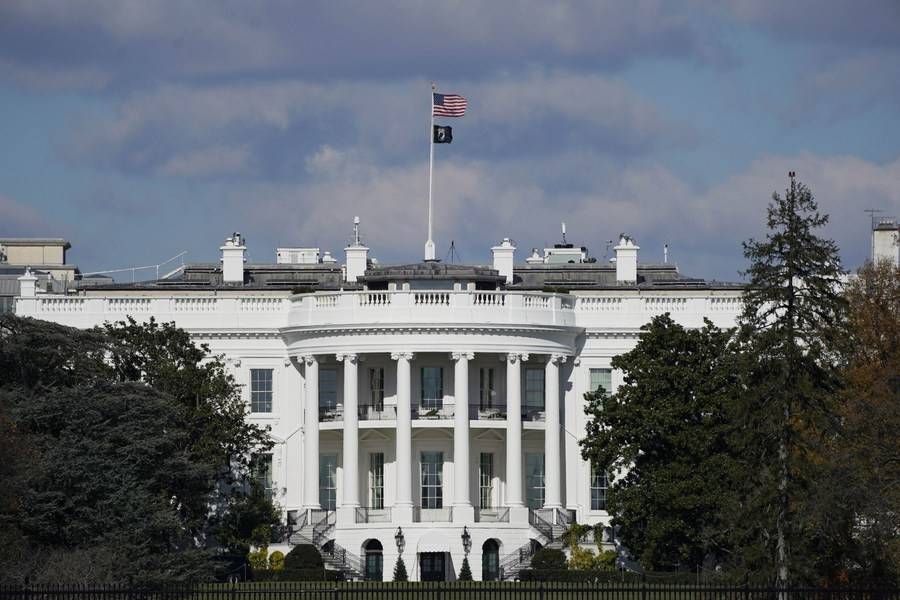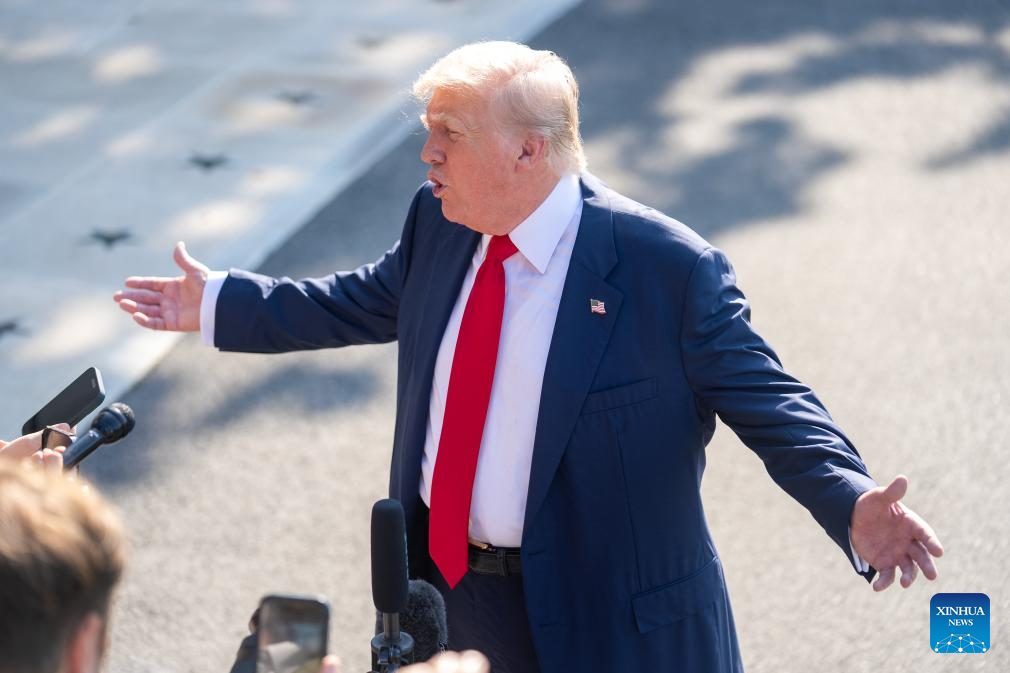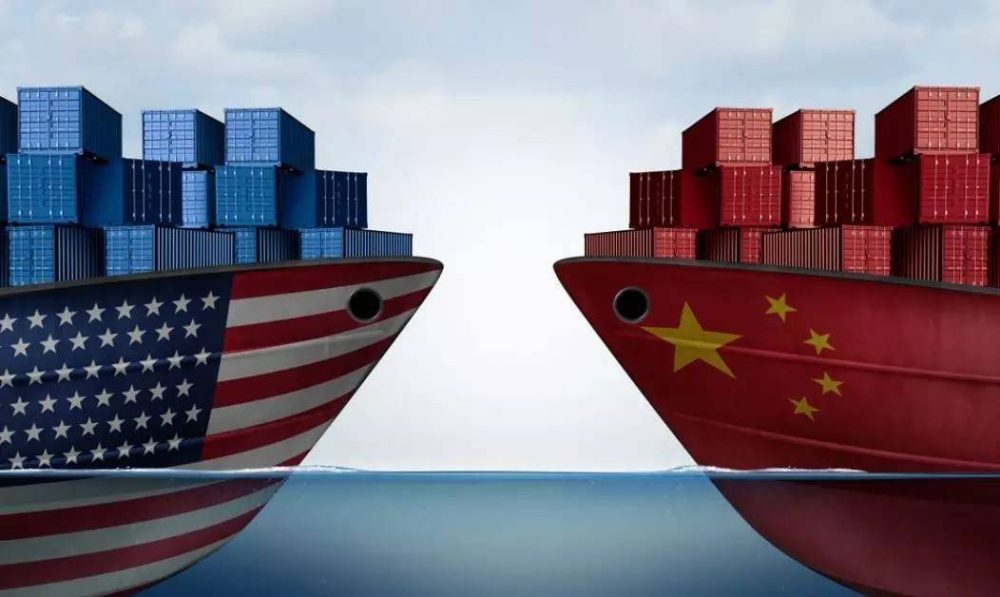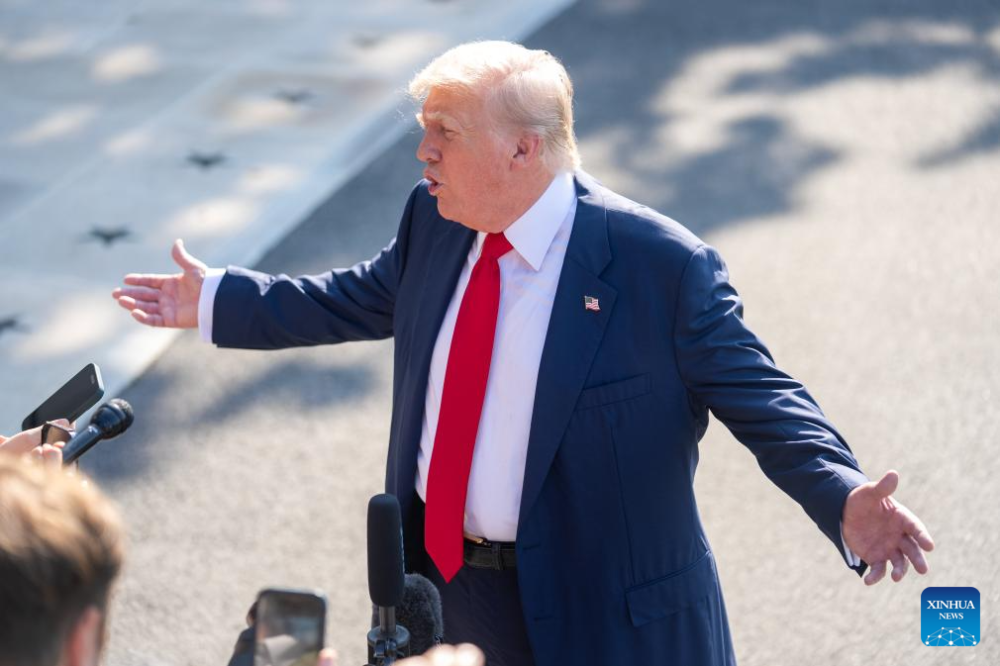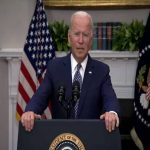When Congress passed a version of the bill in 2007, it died under veto threat from President George W. Bush who said it could lead to oil supply disruptions as well as “retaliatory action against American interests.”…reports Asian Lite News
Anti-OPEC legislation going through the US congress could harm President Joe Biden’s efforts to bring stability to the oil markets, the White House has warned.
A spokesperson for the administration said there are concerns over the “unintended consequences” of the move, which would give powers to US prosecutors to sue organizations for perceived anti-competitive actions in the oil markets.
When Congress passed a version of the bill in 2007, it died under veto threat from President George W. Bush who said it could lead to oil supply disruptions as well as “retaliatory action against American interests.”
The Senate Judiciary Committee has voted 17:4 to approve the No Oil Producing and Exporting Cartels Act, in a signal of the growing tension between the US and the Organization of Petroleum Exporting Countries and its allies, known as OPEC+.
The organization has been resisting calls from the US to sign off a dramatic increase in output amid a surge in energy prices.
On Thursday, OPEC+ agreed to stick to plans for a gradual oil output increase — amounting to 432,000 barrels per day in June.
White House Press Secretary Jen Psaki was quoted by Bloomberg as saying that while Biden does not outright oppose the bill, “the potential implications and unintended consequences of this legislation require further study and deliberation.”
“We are taking a look at it and certainly have some concerns about what the potential implications could be,” she added.
Concerns over the bill — forms of which have been around for around 20 years — were also voiced by Mike Sommers, president of American Petroleum Institute.
He agreed there could be “serious, unintended consequences”, including giving OPEC members the green light to issue such measures on US firms.
The growing tension between the US and OPEC+ prompted former Saudi Intelligence chief Prince Turki Al-Faisal to insist it is the policies of the White House that are responsible for the country’s energy price rises.


